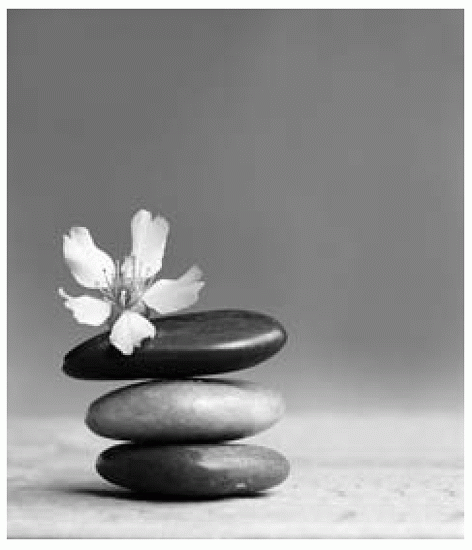|
Describe the scope of holistic nursing.
Describe the standards of holistic nursing.
Discuss the five core values of holistic nursing.
Integrate the principles of holistic nursing into practice.
Identify how you implement the standards of holistic nursing in your practice.
Discuss Holistic Nursing: Scope and Standards of Practice with colleagues.
Reflect on your worldview and how it is similar to or different from the philosophy of holism.
Explore how the concepts of holistic nursing apply to your personal life.
of healing, shares authenticity of unconditional presence that helps to remove the barriers to the healing process, facilitates another person’s growth (body-mindemotion-spirit-energetic-environment connections), and assists with recovery from illness or transition to peaceful death.
Each of these interrelated relationships is essential within a reformed integrative healthcare delivery system in a hospital, clinic, community, or in the home. Each component involves a unique set of responsibilities and tasks that addresses the three areas of knowledge, values, and skills.2
research, and standards; encourages nurses to be models of wellness; honors individual excellence in the advancement of holistic nursing; and influences policy to change the healthcare system to a more humanistic orientation.
Identifying the steps toward national certification in 1993-1994.
Revising the 1990 Standards of Holistic Nursing Practice, completed in 1995.
Completing a role delineation study, the Inventory of Professional Activities and Knowledge Statements of a Holistic Nurse (also known as the IPAKHN Survey) in 1997.
Developing a national holistic nursing certification examination, completed in 1997.
Completing major revisions of the 1995 Standards of Holistic Nursing Practice in 1999, with additional editorial changes in January 2000 and 2005.
Developing a core curriculum for basic holistic nursing based on the basic standards (1997).
Approving and adopting Standards of Advanced Holistic Nursing Practice for Graduate-Prepared Nurses (2002, revised 2005).
Developing a core curriculum for advanced holistic nursing based on the advanced standards (2003). The American Holistic Nurses Certification Corporation (AHNCC) then developed the Certification Exam for Advanced Holistic Nursing Practice first offered in 2005.
Revising both the basic and advanced Standards of Holistic Nursing Practice to meet ANA criteria for recognition of holistic nursing as a specialty (2006, 2007).
TABLE 2-1 Phenomena of Concern to Holistic Nursing | ||||||||||||||||||||||||
|---|---|---|---|---|---|---|---|---|---|---|---|---|---|---|---|---|---|---|---|---|---|---|---|---|
|
Philosophy, Theory, and Ethics
Holistic Caring Process
Holistic Communication, Therapeutic Environment, and Cultural Diversity
Holistic Education and Research
Holistic Nurse Self-Care
art (relationship, communication, creativity, presence, caring). Holistic nursing is grounded in nursing knowledge and skill and guided by nursing theory. Florence Nightingale’s writings are often referenced as a significant precursor of the development of holistic nursing. Although each holistic nurse chooses which nursing theory to apply in any individual case, the nursing theories of Jean Watson (the Theory of Human Caring), Martha Rogers (the Science of Unitary Human Beings), Margaret Newman (Health as Expanding Consciousness), Madeleine Lein-inger (Theory of Cultural Care), Rosemarie Rizzo Parse (Theory of Human Becoming), Josephine Paterson and Loretta Zderad (Humanistic Nursing Theory), and Helen Erickson (Modeling and Role-Modeling) are most frequently used to support holistic nursing practice.
Theories of Consciousness
Energy Field Theory
C. Pribram’s Holographic Universe
D. Bohm’s Implicate/Explicate Order
C. Pert’s Psychoneuroimmunology
K. Wilber’s Integral Vision and Unified Field Theory of Consciousness
Spirituality
Alternative medical systems such as Traditional Oriental Medicine, Ayurveda, Native American, and indigenous healing
Eastern contemplative orientations such as Zen Buddhism and Taoism
Stay updated, free articles. Join our Telegram channel

Full access? Get Clinical Tree



